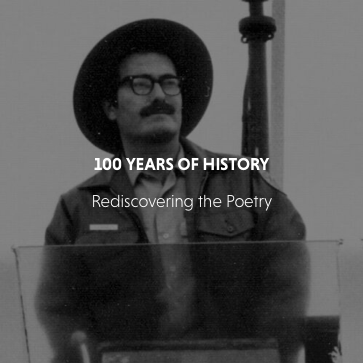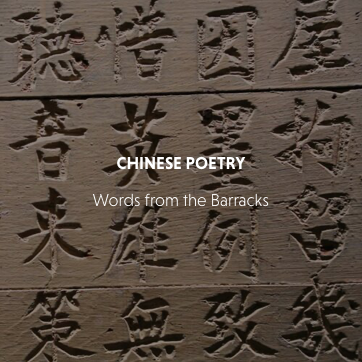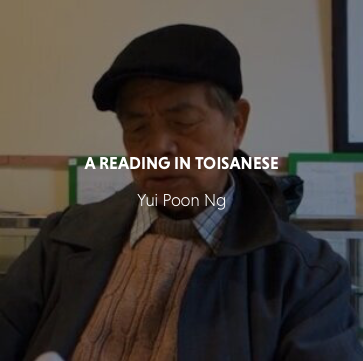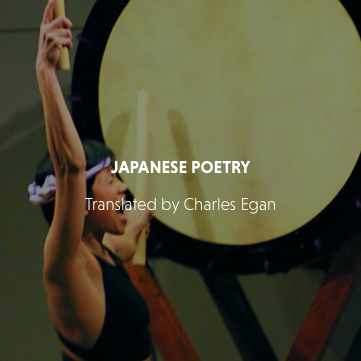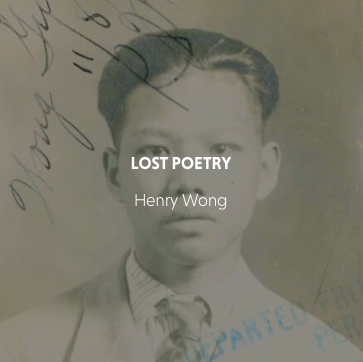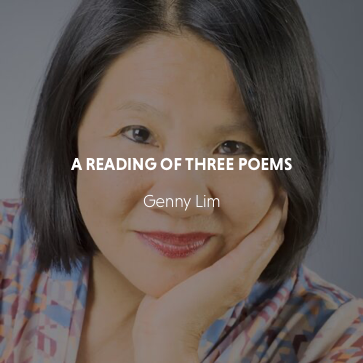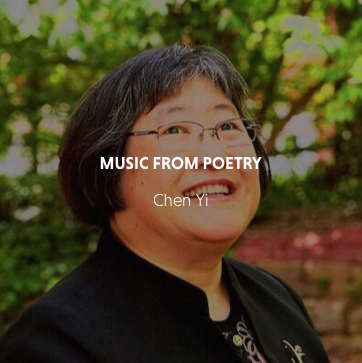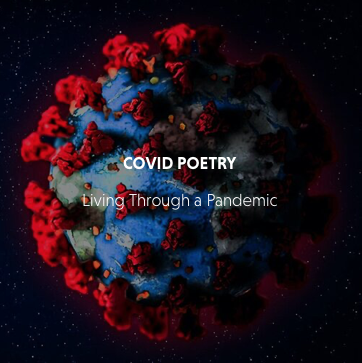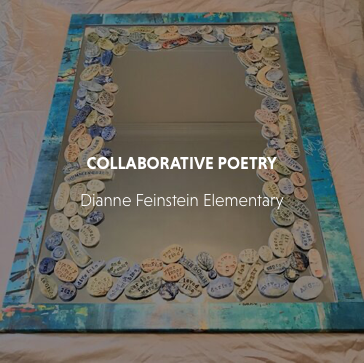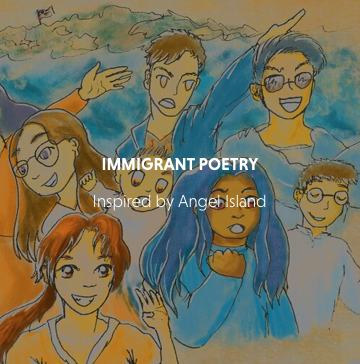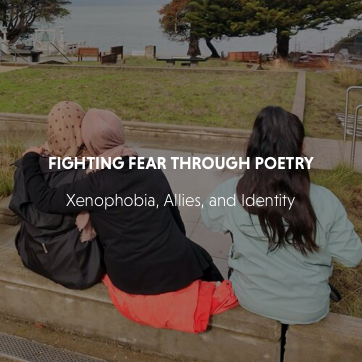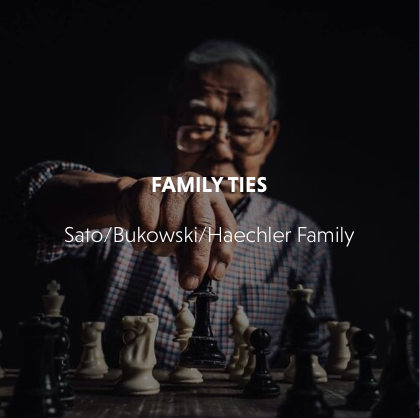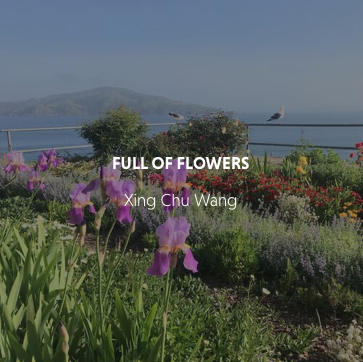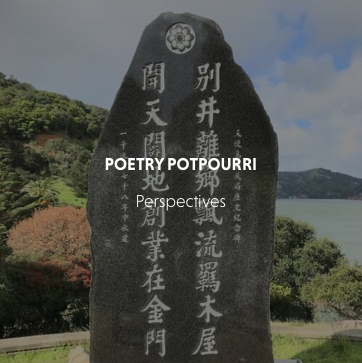Korean Poetry / Translated by Charles Egan
Charles Egan is Professor and Chinese Program Coordinator, Department of Foreign Languages and Literatures at San Francisco State University. He has done extensive research on the poetry within the Immigration Station walls and also on writings found in local Japanese and Korean language press about Angel Island. Egan has published extensively on the development of Chinese poetic genres and translated Clouds Thick, Whereabouts Unknown: Poems by Zen Monks of China. His new book Voices of Angel Island includes never-before-translated inscriptions and writings from former Japanese, Korean, Chinese, and European detainees.
A Night at the Immigration Station /
Choi Kyung Sik
On April 3, 1925, 20-year-old Choi Kyung Sik arrived in San Francisco aboard the Taiyo Maru and was briefly detained on Angel Island.
Choi was born in Pyongwon County in South Pyongan Province in what is now North Korea. After graduating from Chosen Christian College in Seoul with a degree in English, he was accepted at DePauw University in Greencastle, Indiana. While at DePauw, he continued his study of English literature and became a member of the Cosmopolitan Club, an organization that brought foreign students together with American students. Choi stayed at DePauw for one year before transferring to Northwestern University in Chicago. His graduate thesis was “The Urban Problem in Korea under the Japanese Regime.” Sadly, Choi died in 1932 due to chronic valvular heart disease and associated kidney disease.
Choi’s poem, A Night at the Immigration Station, was published in Shinhan Minbo on April 25, 1925.
Voices in the Wooden House
Korean poems written about Angel Island were found by Charles Egan and his assistant Jikyung Hwang while reviewing microfilm of the San Francisco-based Shinhan Minbo newspaper.
On January 21, 2012, a lecture was held highlighting Egan’s recent discovery of Japanese and Korean poetry from former Angel Island detainees. Joining Professor Egan in the readings was Hak Hee Kang, a poet from the Berkeley Korean Literature Association.
Poem translations are included with the express permission of Dr. Charles Egan.




